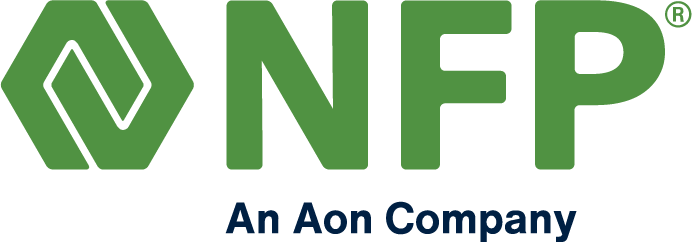Compensation Risk Assessment
A compensation risk assessment is a review of a company’s pay practices and policies that determines whether those practices pose significant material risks to the company. Additionally, the SEC requires that every public company disclose the results of said assessment in their annual proxy statement and state whether their pay practices present risks that are likely to have adverse effects on the company.
The majority of public companies have taken this requirement too lightly, merely disclosing that they do not believe their compensation practices are likely to cause adverse risks without actually conducting a comprehensive assessment by a third-party advisor to truly identify red flags that can help avoid negative outcomes down the road.
NFP Compensation Consulting (NFPCC, ) can provide guidance and conduct a multi-point comprehensive assessment to ensure sound pay structures are in place and offer steps to mitigate any potential risks. Outsourcing risk assessment to an independent third-party consultant can also help ensure that the results are free from any company bias. With a compensation risk assessment by NFPCC you can expect a complete picture of pay practices to sharpen your proxy statement while:
✓ MITIGATING RISK
✓ AVOIDING EXPOSURE
✓ SUPPORTING YOUR CLAIMS
✓ ENSURING SOUND PAY STRUCTURES
✓ MAINTAINING SEC COMPLIANCE
The overall project of risk assessment typically has four steps that are conducted by the committee, in conjunction with management and the consultant:
- Project Organization – Conducted by the Committee
- Establish the team
- Engage an independent compensation consultant
- Set the scope of the risk assessment
- Determine what constitutes material risk
- Conduct the Risk Assessment – Conducted by the consultant
- Review the plans and practices within the scope of the project
- Identify potential risks
- Recommend risk mitigation tactics
- Review the Risk Assessment Result – Conducted by the Committee
- Devise risk mitigation plans
- Provide plans to management for input and finalization
- Present risk management plan to the board
- Implement Plan and Monitor the Results – Conducted by the Committee
- Implement risk mitigation strategies
- Disclose the risk assessment results in SEC filings
- Monitor the results of the risk mitigation strategies
Following this outline will help the Company gain the most from the risk assessment process and position itself well the alignment between executive compensation and shareholder wealth creation.
Proper compensation is required to attract and retain top talent, but it is also necessary for companies to assess all compensation structures to ensure they do not promote undue risk-taking.
Incentive Risk Analysis
A compensation risk analysis can help indicate which risk factors your reward system is most vulnerable to:
- Talent Risk
- Financial Risk
- Reputation Risk
- Operational Risk
A well-planned compensation plan design incentivizes performance and promotes growth, without risking the company’s longevity, financial stability, operational momentum, or reputation.
Due to increased scrutiny, identifying the risks associated with executive compensation plans should be a high priority for all compensation committees.
Through the risk assessment process, committees can identify any problematic issues in executive compensation plans that could possibly encourage excessive risk-taking, have a negative material effect on the company, or that are not in complete compliance with current regulations.
While the need for risk assessment is acknowledged by companies, many committees struggle with the design, implementation, and management of risks posed by compensations programs.
While at first glance, discussions of risk assessment may appear straightforward and non-controversial, there are other issues involved that make things more complicated. For example, despite increased demand for risk disclosure from companies, there is no universal definition of what constitutes a risk.
At NFP Compensation Consulting, we provide comprehensive compensation risk assessment, incentive pay analysis, and solutions to mitigate risk. Our consultants provide a unique bridge to the relationship between a company and its independent advisor. Our team of consultants can assess all incentive programs and structures to ensure they do not promote undue risk-taking.






